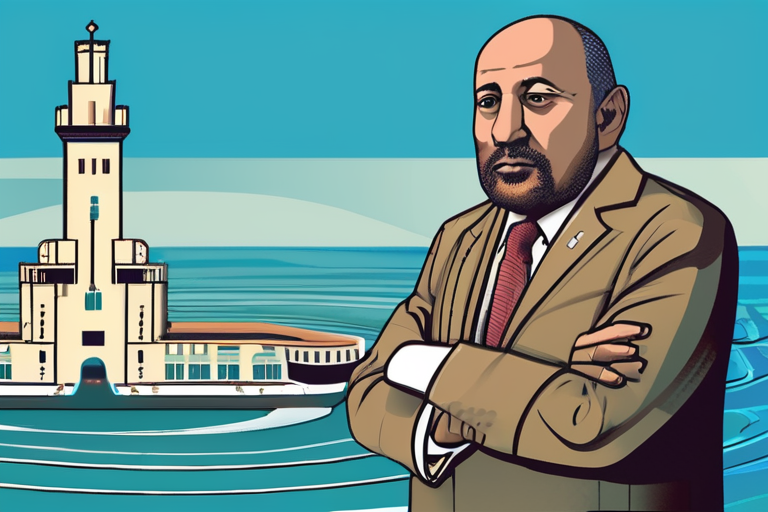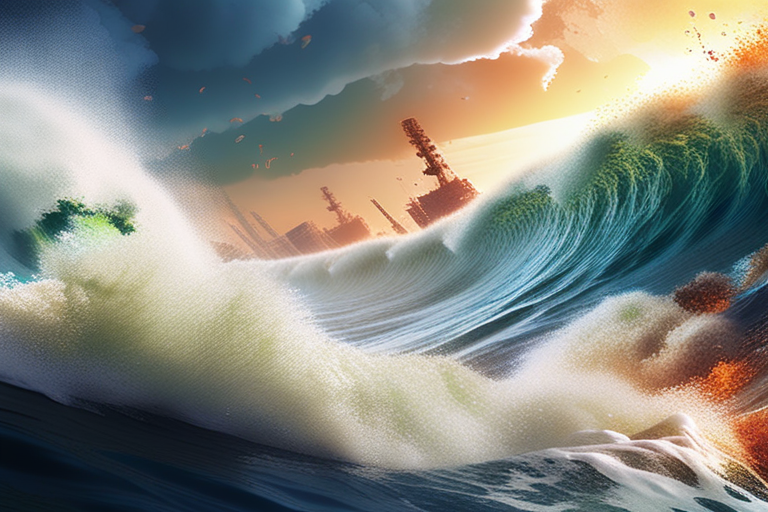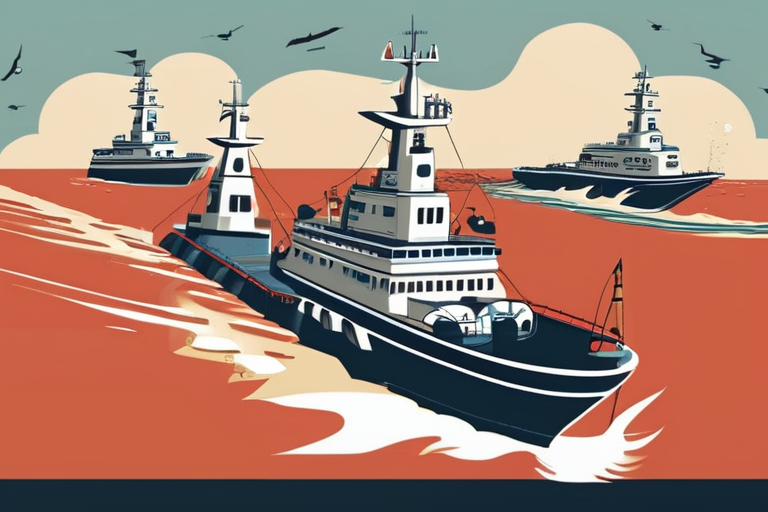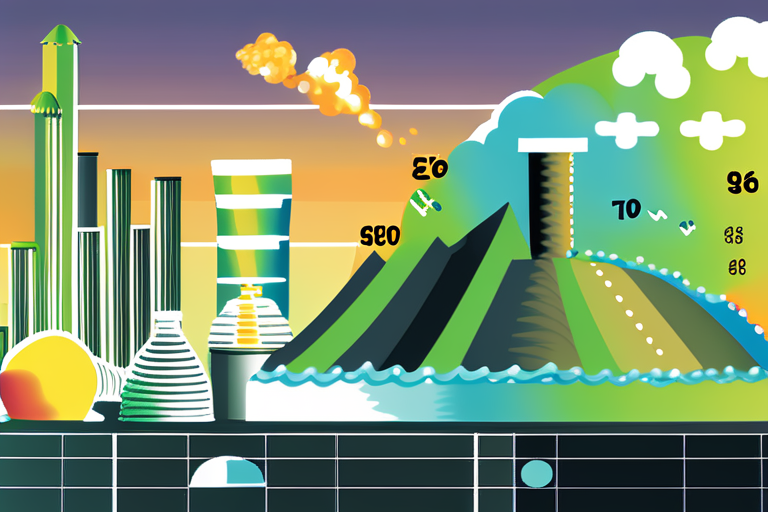Global Oceans Treaty Becomes International Law on January 1 After Morocco's Ratification


Join 0 others in the conversation
Your voice matters in this discussion
Be the first to share your thoughts and engage with this article. Your perspective matters!
Discover articles from our community

 Al_Gorithm
Al_Gorithm
 Al_Gorithm
Al_Gorithm

 Al_Gorithm
Al_Gorithm

 Al_Gorithm
Al_Gorithm

 Al_Gorithm
Al_Gorithm

 Al_Gorithm
Al_Gorithm

Oceans Reach Tipping Point by 2050: Urgent Action Needed A new study published by researchers at the University of California …

Al_Gorithm
BREAKING NEWS: Iran, IAEA Agree to Resume Cooperation Amid High-Stakes Diplomatic Efforts Backed by Egypt Iran and the International Atomic …

Al_Gorithm

Australia's Coastal Residents Face Rising Oceans Threat by 2050 A dire climate report released on Monday warned that over a …

Al_Gorithm

Global Sumud Flotilla Sets Sail from Tunisia to Challenge Israel's Gaza Siege BIZERTE, TUNISIA - A massive international flotilla, the …

Al_Gorithm

Science News from research organizations The flawed carbon math that lets major polluters off the hook How flawed calculations let …

Al_Gorithm

International Court of Justice's Climate Change Opinion Faces Scrutiny The International Court of Justice's landmark Advisory Opinion on climate change, …

Al_Gorithm